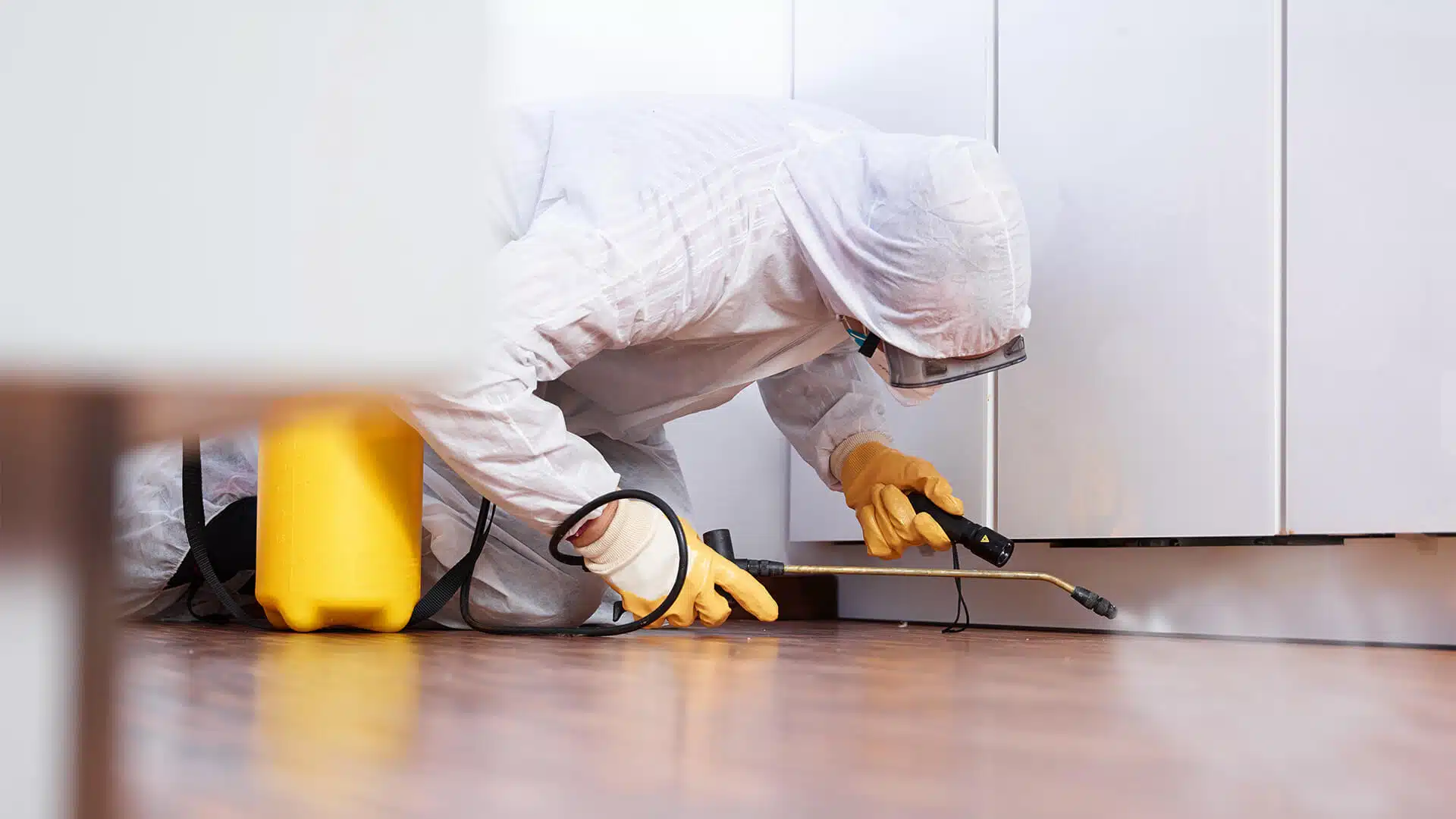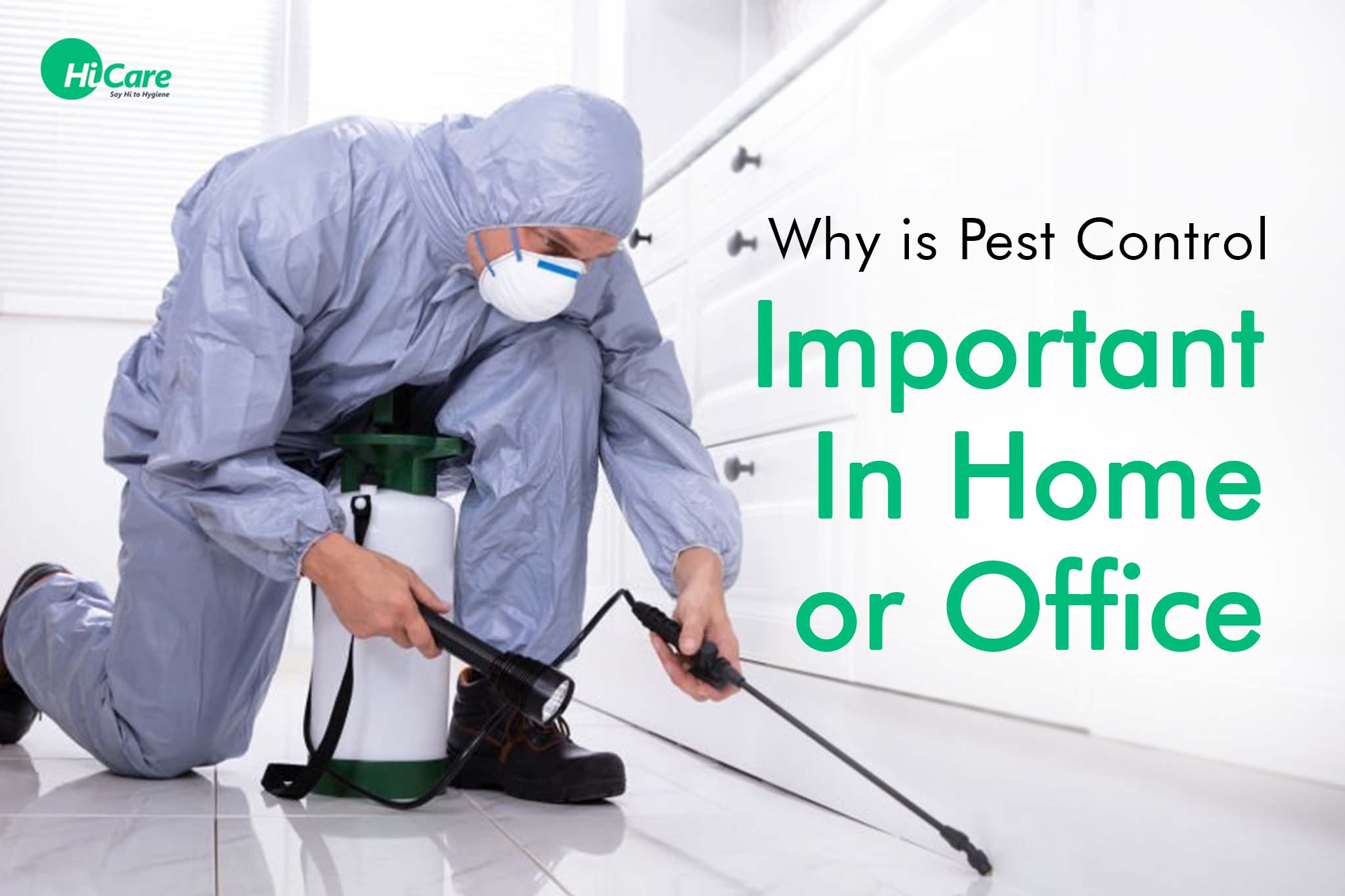Preventative Pest Control Services Chicago: The Best Means to Prevent Unwanted Pests
Discovering Numerous Approaches and Strategies for Comprehensive Parasite Control in Residential Spaces
The landscape of pest control in domestic spaces has developed substantially, requiring a detailed understanding of numerous techniques that can be used for reliable monitoring. Typical chemical therapies, while efficient, are progressively being matched by environment-friendly options and Integrated Bug Administration (IPM) techniques. Property owners need to think about preventative actions, such as normal tracking and accurate parasite identification, to preserve a healthy and balanced setting. The real challenge lies in striking a balance in between efficacy and security-- an exploration that reveals the subtleties of each approach and its effects for sustainable living.
Understanding Bug Control Basics
Reliable bug control is necessary for preserving a healthy and risk-free living environment. Understanding the essentials of insect control involves identifying the kinds of bugs that frequently get into residential areas, the prospective dangers they position, and the importance of safety nets. Typical home parasites include rats, insects, and various other unwanted animals that can compromise hygiene, damage residential property, and trigger health concerns.
A crucial very first step in insect control is recognizing the details insects present. This can entail inspecting areas such as attic rooms, cooking areas, and basements, where bugs are most likely to grow. Once recognized, it is crucial to comprehend their practices, reproducing cycles, and liked environments, which can inform ideal control techniques.
Safety nets are essential to effective insect monitoring. These include sealing access points, keeping tidiness, and decreasing mess to eliminate hiding spots. Additionally, proper food storage space and waste administration can dramatically decrease the attraction of a home for insects.

Conventional Chemical Treatments
Among the various bug control methods, typical chemical treatments have long been utilized to deal with problems in residential spaces. These therapies generally involve the application of chemical pesticides developed to eliminate insects such as bugs, rodents, and other undesirable organisms. The performance of these chemicals can vary, depending on the type of bug, the formula of the chemical, and the technique of application.
Typical classes of conventional chemical treatments include pesticides, herbicides, rodenticides, and fungicides, each customized to combat specific parasites. Pesticides, for example, may target termites, ants, or cockroaches, while rodenticides are specifically created to regulate rodent populations. These chemicals are usually available in various kinds, including granules, sprays, and baits, enabling house owners versatility in application.
Regardless of their efficiency, standard chemical treatments raise issues regarding possible poisoning to humans, pet dogs, and advantageous microorganisms in the atmosphere. It is important for property owners to carefully adhere to application guidelines and safety and security preventative measures to reduce threats. Integrated Bug Management (IPM) methods can complement these therapies, making certain a much more all natural method to pest control while making like this the most of efficiency and security in residential settings.
Eco-Friendly Parasite Control Options
Green insect control alternatives are gaining popularity as home owners seek more secure and more sustainable alternatives to standard chemical therapies. These approaches prioritize the health and wellness of both citizens and the setting, minimizing the impact of insect control methods.
One extensively adopted environmentally friendly technique is making use of all-natural repellents stemmed from vital oils, such as pepper mint and citronella. These oils not just hinder pests but likewise offer pleasurable fragrances for interior rooms. Diatomaceous earth, a powder made from fossilized algae, acts as an all-natural insecticide by damaging the exoskeletons of bugs upon get in touch with, leading to dehydration.
One more efficient strategy includes advertising biodiversity in yards and gardens. Introducing advantageous insects, such as ladybugs and lacewings, can naturally control pest populaces (Chicago wasp nest removal). In addition, using catches find here made from naturally degradable materials can help capture and remove parasites without creating damage to the community
Regular upkeep, such as securing entry points and correct cleanliness, further enhances the performance of environment-friendly insect control. Property owners can take proactive actions to stop invasions, ensuring an extra sustainable living setting while successfully managing pest-related concerns.
Integrated Bug Management Approaches
Carrying out integrated bug management (IPM) approaches uses a comprehensive technique to pest Visit This Link control that emphasizes avoidance and long-term remedies. IPM integrates numerous tactics, concentrating on understanding bug behaviors, life process, and eco-friendly dynamics to decrease insect populaces effectively. This diverse strategy prioritizes non-chemical approaches, such as biological control, environment adjustment, and cultural methods, to reduce reliance on chemicals.
A fundamental aspect of IPM is checking and identifying bugs properly. When treatment is essential, this entails normal inspections and the establishment of action thresholds to figure out. By recognizing the specific insects impacting property settings, targeted treatments can be employed, reducing the possibility of unnecessary pesticide applications.
By promoting an atmosphere that discourages parasite invasions-- such as sealing entry factors and handling moisture-- homeowners can substantially reduce the risk of parasite issues. Through these approaches, IPM not only addresses existing bug problems but additionally fosters lasting methods that advertise lasting bug management success.
Preventative Steps for House
To ward off potential bug infestations, property owners ought to take on a proactive strategy that emphasizes preventative actions. This begins with keeping a organized and tidy living space, as mess and food particles draw in parasites. rat removal chicago Illinois. Regularly vacuuming, sweeping, and cleaning down surface areas can considerably minimize the risk of invasions
In addition, sealing entry factors is crucial. Property owners must inspect windows, doors, and foundation splits for voids that could enable bugs accessibility to the home. Using caulk and climate removing can efficiently block these entrances.
Correct food storage space is another vital procedure. Saving food in airtight containers and quickly tidying up crumbs or spills aids hinder rats and pests.
Moreover, managing outside atmospheres can stop parasites from elbowing in on residential spaces. Homeowners ought to guarantee that drain systems are working well, and landscaping is kept tidy. Trimming trees and shrubs far from your home and getting rid of standing water can better lessen parasite environments.

Conclusion
In verdict, efficient parasite control in property spaces requires a complex method that incorporates traditional chemical treatments with green practices and Integrated Bug Management techniques. By focusing on preventative measures, such as preserving sanitation and securing entry points, home owners can significantly decrease bug events.
Understanding the fundamentals of bug control entails recognizing the types of bugs that generally attack residential spaces, the prospective dangers they posture, and the relevance of preventive steps.An important initial action in pest control is identifying the particular bugs existing. Integrated Bug Monitoring (IPM) approaches can enhance these therapies, making certain an extra all natural approach to pest control while making the most of efficacy and safety in domestic settings.
Executing integrated pest management (IPM) strategies supplies a comprehensive strategy to pest control that stresses avoidance and long-lasting services.In conclusion, effective pest control in household rooms demands a diverse method that combines traditional chemical therapies with environment-friendly methods and Integrated Insect Management approaches.